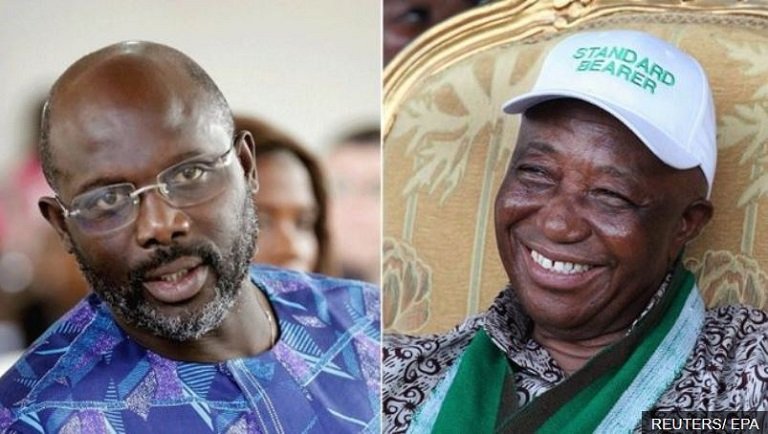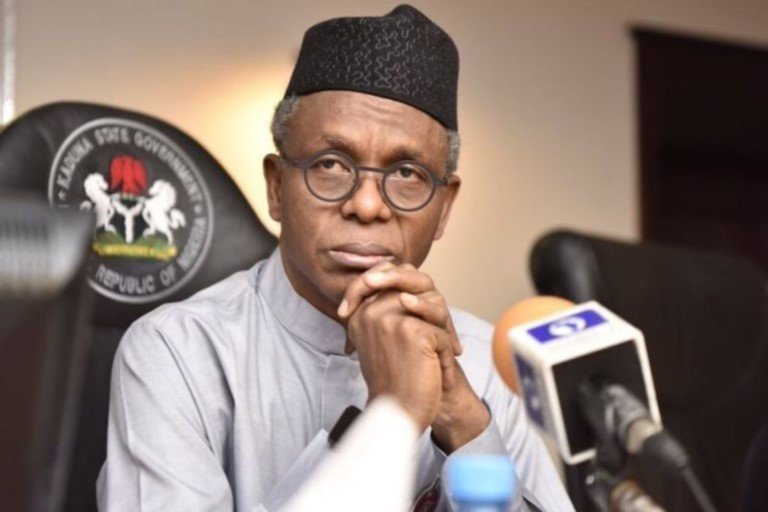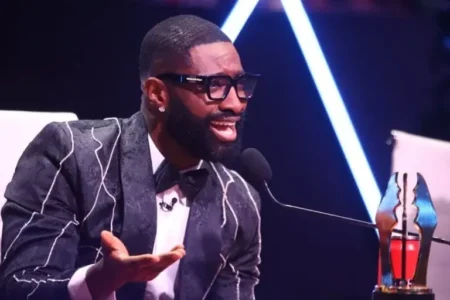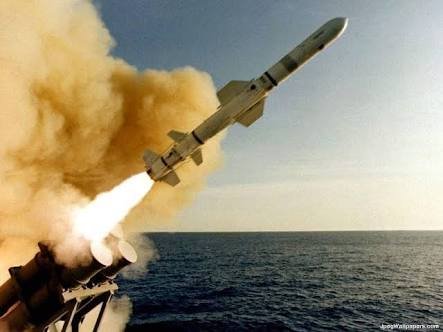
Liberians have began voting to choose a new president in a run-off vote between Vice-President Joseph Boakai and former international footballer George Weah.
Mr Weah, 51, won the first round, but did not secure the required 50% of the vote for an outright victory.
Legal challenges delayed the vote to replace Ellen Johnson Sirleaf, Africa’s first elected female president.
Liberia, which was founded by freed US slaves in the 19th Century, has not had a smooth transfer of power in 73 years.
Polls across Liberia opened at 08:00 GMT and will close at 18:00.
More than two million people are eligible to cast their ballots.
Who are the contenders?
Mr Boakai, 73, has been Liberia’s vice-president for 12 years but does not seem to enjoy the support of his boss, the BBC’s Umaru Fofana reports from the capital, Monrovia.
The candidate has described himself as being like a limousine idly parked for years in a garage and who is now ready to hit the road.
Can Liberia’s deputy leader succeed his boss?
Meanwhile, Mr Weah, the former world footballer of the year, is hoping for a third time lucky.
READ: Heather Menzies-Urich, The Sound of Music’s Louisa von Trapp, dies
He defeated Ms Johnson-Sirleaf in the first round in 2005 but lost to her in the subsequent run-off.
In the following election run-off, in 2011, when he ran as a running mate to the opposition candidate, his coalition boycotted the vote, citing irregularities.
Why was the vote delayed?
A representative for the opposition Liberty Party, Charles Brumskine, who came third in October’s first round, challenged the result, saying it had been marred by “massive fraud and irregularities”.
But earlier this month the Supreme Court ruled that evidence of fraud was insufficient to merit a re-run of the opening round.
The verdict meant that the run-off – which had initially been set for 7 November – could go ahead.
Why is the election important?
This will be the first time for many generations that Liberians witness a transfer of power from one elected leader to another.
Outgoing President Sirleaf has praised a violence-free electoral process, saying that “the ballot box has replaced bullets and electoral disputes are settled through the courts”.
Ms Sirleaf took office in 2006, after her predecessor, Charles Taylor, was forced out by rebels in 2003, ending a long civil war.
Taylor is currently serving a 50-year prison sentence in the UK for war crimes related to the conflict in neighbouring Sierra Leone.
The results of the run-off are due to be announced within four days.










